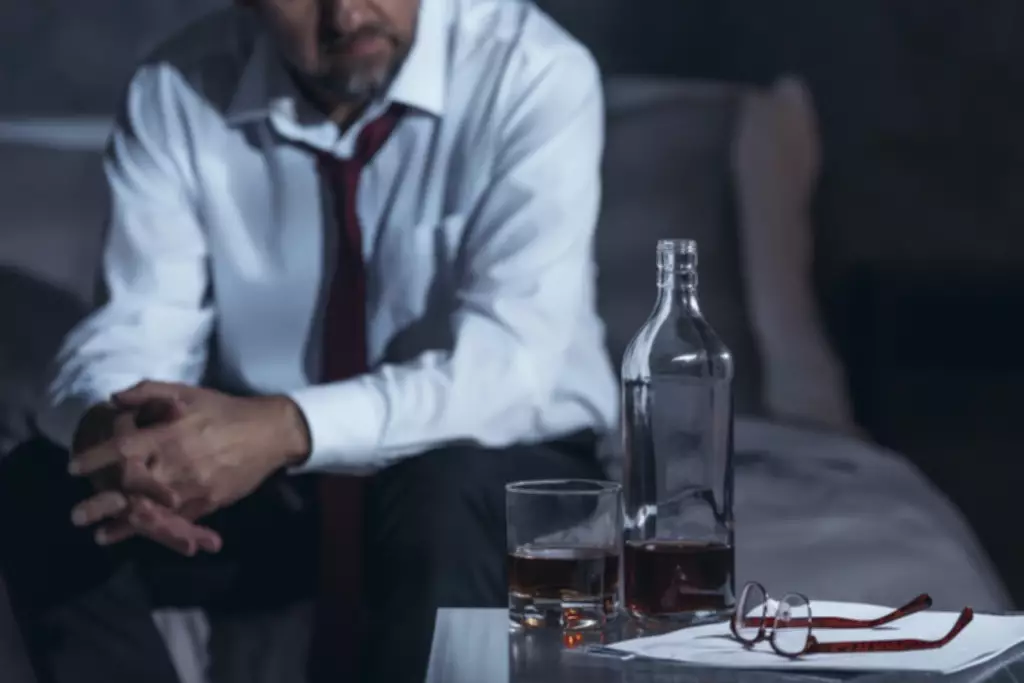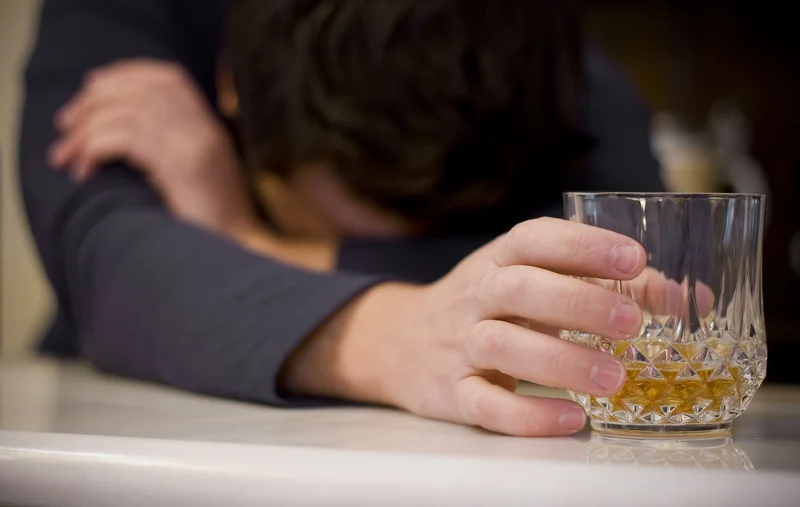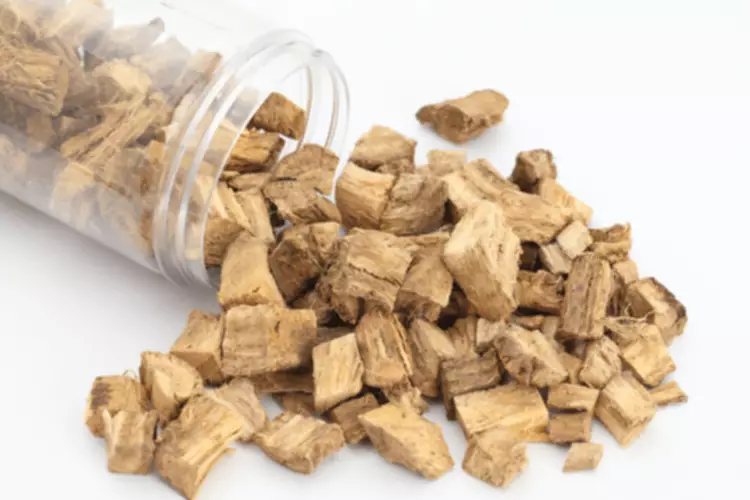Dehydrating Alcohols to Make Alkenes Chemistry LibreTexts

The reaction can follow both E1 and E2 mechanisms depending on whether it is a primary, secondary or a tertiary alcohol. Hydrogenation does wine dehydrate you in the presence of a catalyst is the chemical reaction between the hydrogen and other compounds. For example; hydrogenation is used in Petrochemical Industry to turn alkenes into alkanes (paraffins) and cycloalkanes. The hydrogenation of vegetable ghee from vegetable oils is often used to produce. Here phosphoric acid is used instead of Sulphuric acid because it is much safe and produces a less messy reaction. Since E2-style dehydrations proceed in much gentler conditions than the E1 reactions, they tend to be more tolerant to other functional groups you might have in your molecule.

Chemical properties
It is a strong oxidant, and it oxidizes the alcohol as far as possible without breaking carbon-carbon bonds. Chromic acid oxidizes primary alcohols to carboxylic acids, and it oxidizes secondary alcohols to ketones. Tertiary alcohols do not react with chromic acid under mild conditions.

To Your Health: Ethers as General Anesthetics

Note how sulfuric acid, which initially contributed a proton, is reformed, acting as a catalyst. Acetaldehyde is a metabolic byproduct of alcohol consumption, a known carcinogen, and a highly toxic molecule (Na & Lee, 2017). The good news is that you’re exposed to far less acetaldehyde than alcohol when you drink. But what happens when someone has multiple drinks over several hours? If alcohol continuously dehydrated the body, you’d expect to see repeated spikes in urine flow with each drink. Well, the author of this same paper did that experiment, and this is what they saw.
Advanced Organic Chemistry
- This species undergoes an elimination reaction, freeing a water molecule and creating a carbocation.
- The dehydration reaction is shown by the blue arrows; the hydration reaction by magenta arrows.
- But even today we still don’t fully understand how alcohol causes this excessive urination.
- And if you see that a more stable carbocation could be formed through migration of an adjacent H or alkyl group, expect that to happen.
- This allows for the formation of an alkene without any in-between formation of an unstable carbocation.
Added sugar creates extra acid, which makes it harder for your body to store water. Salty foods, like chips and other snacks, are also marijuana addiction risky when it comes to staying hydrated. The amount of alcohol you consume will influence the symptoms you experience.
